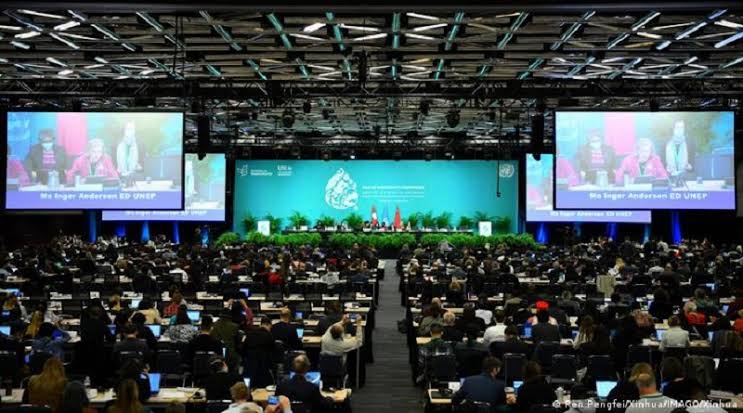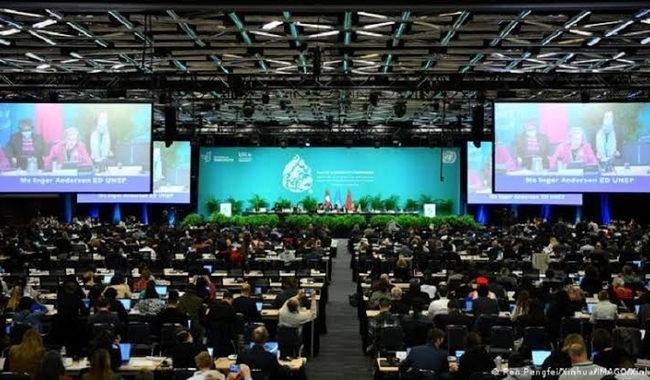- The Kunming-Montreal biodiversity agreement and associated package of targets is the response of the world's countries to stop and reverse the loss of nature.
- The Mexican delegation was headed by Martha Delgado, Undersecretary for Multilateral Affairs and Human Rights.
- Mexico said that only by accepting this package of documents could consensus be achieved in order to address the urgent planetary crisis.
After almost four years of negotiations and two and a half weeks of an intense but fruitless search for consensus in Montreal, the Chinese Presidency of the fifteenth Conference of the Parties to the Convention on Biological Diversity (COP15) presented its own package of documents relating to the Post-2020 Global Biodiversity Framework.
At COP15, the Mexican delegation was headed by the Undersecretary for Multilateral Affairs and Human Rights of the Foreign Ministry, Martha Delgado. Its chief negotiator was the Director General for Global Issues, Camila Zepeda. Experts from the Environment Ministry, the National Biodiversity Commission (Conabio), the National Commission for Protected Natural Areas (Conanp), local authorities, the legislature and civil society also participated.
In the plenary session, before an audience that included observer countries, specialists, scientists and the international press, Mexico played a decisive role in calling for common sense and in expressing its full support for the package of documents presented by the Chinese Presidency of COP 15 with the aim of delivering to the world a Post-2020 Global Framework that addresses the urgency of our biodiversity crisis.
Despite the opposition of the Democratic Republic of the Congo delegation to the package, the Mexican delegation made a forceful presentation during the complex negotiations, causing those present to rise to their feet and motivating COP15 President Huang Runqiu to propose immediate adoption of the package of documents at dawn on December 19.
The Kunming-Montreal Global Biodiversity Framework was adopted by consensus. The Mexican government believes it to be a balanced package. It contains four goals and 23 targets that reflect some of the most important issues for Mexico. Targets 21 and 22 regarding the rights of indigenous peoples and women are particularly important. Target 3 aims to protect 30% of terrestrial, inland water and coastal and marine areas by 2030; Target 6, to reduce the introduction of invasive species by 50%; and Target 18, to reduce by $500 billion harmful annual government subsidies.
Other important issues include the proposed amendment to the Global Environment Facility (GEF), which Mexico promoted together with Chile, Colombia, Costa Rica and Peru, which aims to improve accessibility to and increase certainty about the funds available for meeting the objectives of the international environmental conventions and agreements. This is related to the discussion about the burden of compliance for developing countries, which have demanded increased financing from developed countries.
Mexico is one of the world's megadiverse countries, which are home to more than 70% of global biodiversity.

